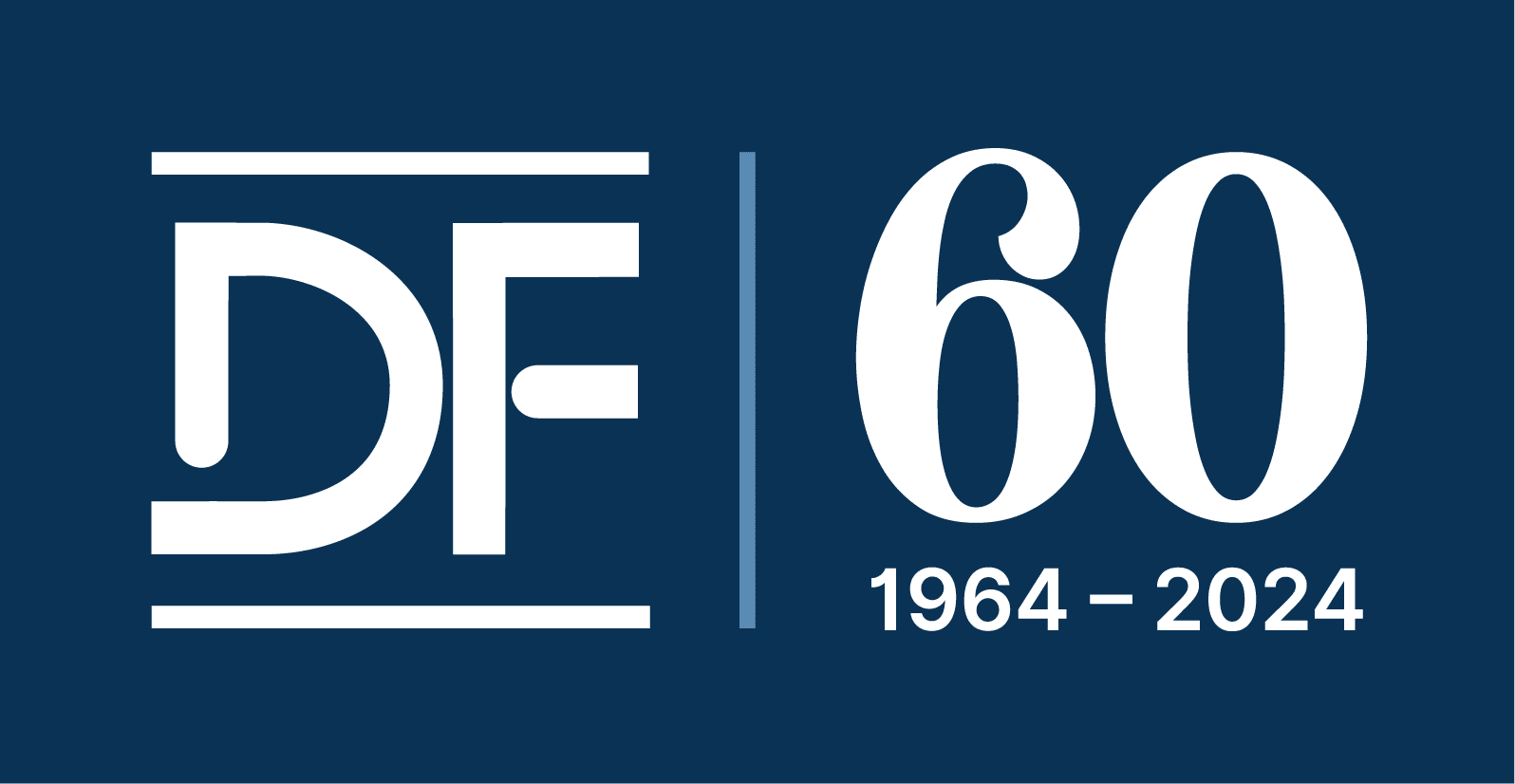
Dr. Gordon received a 1997 DF Clinical Career Development award from the DF to support his research project, The Immunobiology of Epidermolysis Bullosa Acquisita.’
We spoke with him about how the Dermatology Foundation’s early support changed his career path and helped future psoriasis patients.
How “Failure” Led to Even Greater Success
Dr. Gordon: Before we start, I just want you to be aware that my actual initial project with the Dermatology Foundation was a failure.
DF (laughing): What a great way to kick this off—tell us more!
Dr. Gordon: Well, it became clear about a year and a half into the project that it wasn’t going to work. However, what the Dermatology Foundation support did, which was more crucial than I even knew at the time, gave me time to flounder.
DF: How did that time to “flounder” contribute to the development of your career?
Dr. Gordon: I was able to develop another set of interests that led to what I think is a reasonably successful career. Here’s a little background: I started as a basic scientist. I had done dermatology, trained in internal medicine, and spent two years as a postdoctoral fellow in a basic science immunology lab. My goal at that point was to translate what I learned in a non-dermatology lab to dermatology.
My mentor at the time was David Woodley, who’s been very important in the Dermatology Foundation over the years. I wanted to take his research on immunobullous disease to a next step—asking, can we make organisms, this case being mice, develop the bullous disease themselves and push them in that direction?
This was similar to what I had been doing as a postdoc. There’s a process called antigen processing and presentation, and we were going to see if we could induce mice to develop reactions to get them to develop these autoimmune diseases.
The understanding of the mechanisms that were underlying our theoretical process to get this to happen also underlay a lot of the development of new therapies in immunotherapy for disease. And that process was just getting started at the time.
So, if you go on TV at any time today, about 80% of the commercials are about psoriasis, right? Well, the initial development process for developing medications for psoriasis was all based on the same kind of molecular processes that I was trying to study and translate to the animals.
So, while I was in the lab, floundering about my experiments, thanks to the Dermatology Foundation, I was able to connect to people like Kevin Cooper and Brian Nickloff, and other people—to reach out and say, let’s try to understand how these things could work together.
I then got brought along in this huge development program at a very young age that was an interaction between academia and pharma and translational research and then clinical research in the development of all these medications for psoriasis that now resulted in psoriasis being second only to Hepatitis C in terms of being treated, and hopefully, like Hepatitis C, cured.
Having that time, those two to three years of support from the Dermatology Foundation allowed me not only to push my knowledge and my understanding of these processes forward, it allowed me to turn on a dime very early in my career. To do something that ultimately made an impact on a lot of patients over time.
And it helped me make crucial connections.
DF: Talk to us more about the importance of the connections you made during that time.
Dr. Gordon: The Dermatology Foundation Career Development Award opened the door for me to speak to Kevin Cooper. Even if he wasn’t very interested in my primary project, just that conversation and that direction helped me gain credibility within the world of investigation and in working with pharma. It has made a major impact on my ability to get work done and help develop things for psoriasis, and now it’s spreading to other diseases of the skin as well.
DF: It sounds like you’ve made so many powerful connections.
Dr. Gordon: It’s funny because, in the world of psoriasis, there were ten to fifteen of us who grew up together. We’ve been a core since our careers were just getting started. We’ve mostly led the development and are also the ones responsible for all those horrible commercials!
I think in every generation, there are certain areas that people just develop together, and this camaraderie just makes your career that much better.
DF: What do you think has been the most significant impact of the Dermatology Foundation in these 60 years?
Dr. Gordon: I am a big believer in the biggest thing you can develop is people. For whatever projects and whatever research gets done, there is no greater value to the specialty of medicine than getting a group of people who will push forward ideas that will eventually help patients.
I can tell you from my own department that I’m the chair of right now, we have a few people who have had career development awards. They are the ones pursuing inquiry into problems in dermatology, leading academia, and teaching young dermatologists. And that’s really been driven by the Dermatology Foundation.
The most critical thing that the Dermatology Foundation has done is contribute to the development of a generation, or generations (there are three now!) of the people who will move dermatology forward. Regardless of the accomplishments of the grants, regardless of the accomplishments of the data produced, it’s the people that make the difference.
DF: Where do you hope to see dermatology advance in the next 60 years?
The truth is, we have no idea where the next focus is going to be. So, what I would hope the Dermatology Foundation is going to be successful at doing is developing people who can respond to the needs and opportunities that exist.
For example, a dermatologist might not find the next major AI pathway to understanding how to make a new drug or develop new response criteria, but they must know how to respond to it to push the specialty forward.
My hope for the goal of the Dermatology Foundation is to develop a mass of people who can take what is best in medical science and make it applicable and successful in the skin.
In the end, it’s for the patients, right? How do we make people and the population healthier? If that means finding ways to express things in communities that are underserved, that’s a wonderful opportunity. We need people who know how to do that.
If it’s finding some very basic scientific pathway and being able to apply it to skin disease, that’s a wonderful opportunity.
But first we need a critical mass of people in studying the skin who can do that.
DF: You received from the Dermatology Foundation, but you also gave to the Dermatology Foundation.
Dr. Gordon: I was a member of the Leaders Society as soon as I could afford it.
DF: Why is that?
Dr. Gordon: It’s a gratitude issue. You think about the people who helped you get started and see if you can do the same thing for the generation younger than you. And that’s the strength of the Dermatology Foundation. It’s not for the older folks who are established. It serves young people. It gives them a chance. How do we get people who are going to be dedicated to developing the next set of dermatologists? The Dermatology Foundation is a big way!
DF: Is there anything you would like to add?
Dr. Gordon: Just thank you. I appreciate having the chance to express my gratitude.


